16 Ways to Get Your Finances in Better Shape for the New Normal
With some states slowly opening back up their economies while others extend shelter in place orders, you may have lots of free time on your hand even if you're working from home.

Profit and prosper with the best of Kiplinger's advice on investing, taxes, retirement, personal finance and much more. Delivered daily. Enter your email in the box and click Sign Me Up.
You are now subscribed
Your newsletter sign-up was successful
Want to add more newsletters?

Delivered daily
Kiplinger Today
Profit and prosper with the best of Kiplinger's advice on investing, taxes, retirement, personal finance and much more delivered daily. Smart money moves start here.

Sent five days a week
Kiplinger A Step Ahead
Get practical help to make better financial decisions in your everyday life, from spending to savings on top deals.

Delivered daily
Kiplinger Closing Bell
Get today's biggest financial and investing headlines delivered to your inbox every day the U.S. stock market is open.

Sent twice a week
Kiplinger Adviser Intel
Financial pros across the country share best practices and fresh tactics to preserve and grow your wealth.

Delivered weekly
Kiplinger Tax Tips
Trim your federal and state tax bills with practical tax-planning and tax-cutting strategies.

Sent twice a week
Kiplinger Retirement Tips
Your twice-a-week guide to planning and enjoying a financially secure and richly rewarding retirement

Sent bimonthly.
Kiplinger Adviser Angle
Insights for advisers, wealth managers and other financial professionals.

Sent twice a week
Kiplinger Investing Weekly
Your twice-a-week roundup of promising stocks, funds, companies and industries you should consider, ones you should avoid, and why.

Sent weekly for six weeks
Kiplinger Invest for Retirement
Your step-by-step six-part series on how to invest for retirement, from devising a successful strategy to exactly which investments to choose.
With some states slowly opening back up their economies while others extend shelter in place orders, you may have lots of free time on your hand even if you're working from home. Money-smart Kiplinger readers will see this unprecedented period of home detention as an opportunity to get ahead with their finances — to beat the market, to build defenses against scammers, and to pad their bank accounts — or take advantage of free fitness programs and more. Take a look at 16 projects you can undertake from home, including putting your stimulus check to good use.
And for more information on day-to-day developments, sign up for A Step Ahead, our e-newsletter that gives you daily insight and guidance on how to navigate major disruptions and challenges to business, the economy, and financial markets.

Organize/Share Financial Accounts and Passwords
A good starting point for your quarantine time is assembling all your accounts, passwords and points of contact. Couples should perform this task together and point each other to locations of key files and passwords.
Marilee Fitzgerald and Robyn Wagman co-founded Estate of Mine Organizers, a system for helping women — and men and couples, too — organize both personal and financial records. Their system includes checklists of must-have documents—a will, powers of attorney for financial and health affairs, bank and investment accounts — but it also covers facets of life other than financial: Where is the warranty for your new stove? The titles to your cars? The name of the furnace repair person?
- Other aspects to this effort: Be sure your joint bank account really is in both names. Review and list all automatic debits and transfers from your accounts. Gather insurance policies. Review and update beneficiaries as necessary. Get a copy of each spouse’s credit reports (more on that in a moment). Stash a copy of your will outside the safe deposit box.

File Your 2019 Taxes
With everything else that's going on, at least you don't have to worry about filing your tax return by April 15. The IRS extended the deadline to help taxpayers, and tax preparers, who are struggling with the coronavirus crisis. The new deadline is July 15, which applies to both return filing and tax payments. Penalties and interest won't apply if you pay any tax due before the extended deadline. This relief also applies to 2020 estimated tax payments that would otherwise be due on April 15. For more information, see Income Tax Returns and Payments Extended.
You should also check with your state's tax agency to see if the filing and/or payment deadline for your state income tax (or other state tax) is changed because of the coronavirus crisis.
Still, you should file your taxes right away if you're getting a refund. Your quarantine time is a perfect opportunity to scour your records for overlooked tax breaks and deductions and safely file your return using a leading tax software program.
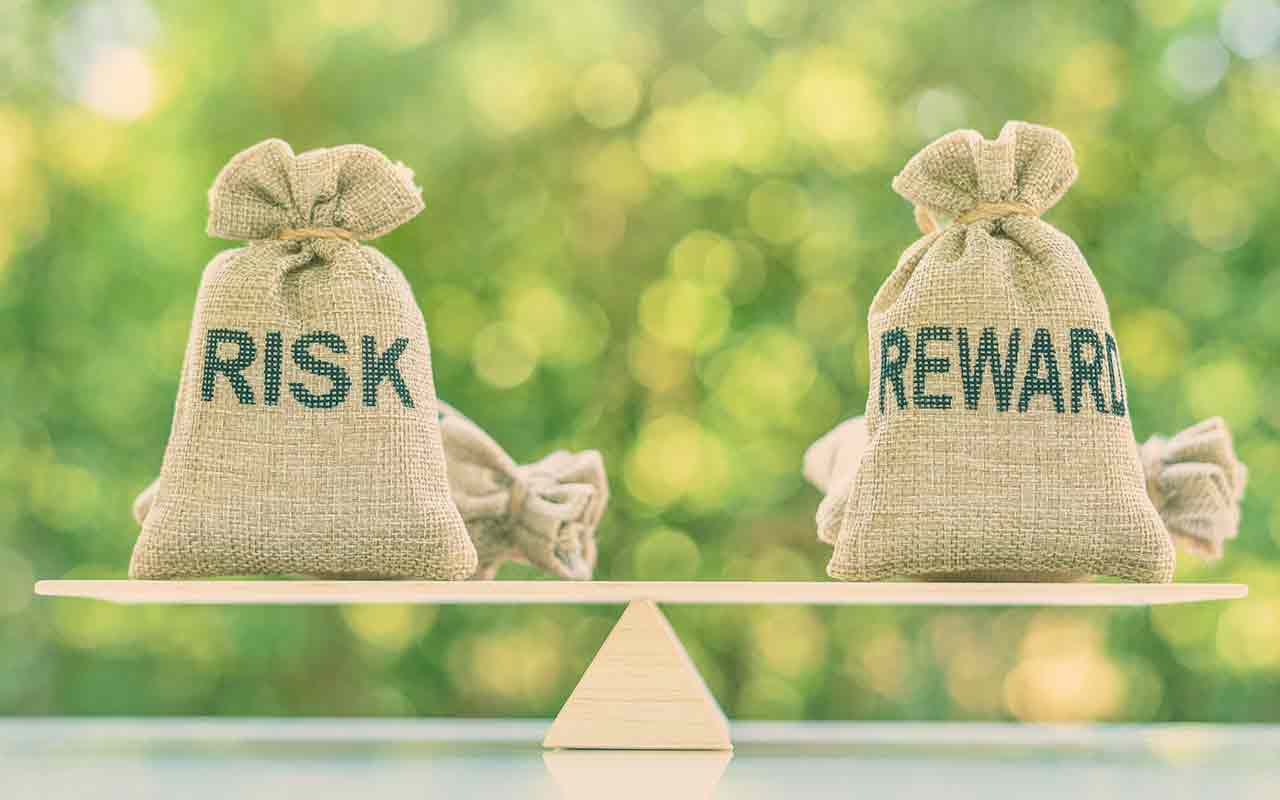
Build an Investing Plan, and Rebalance as Necessary
Serious investors set goals and create an investment plan to meet them. Use your quarantine time to consider and write down your goals for your portfolio if you haven’t already. Goals can be short-term or long-term. A short-term goal might be a new car. Long-term goals could be sending kids to college, retiring comfortably or leaving a legacy to your heirs.
Setting goals is important because time is a crucial element in investing. Use long-term investments, such as stocks and bonds, to achieve long-term goals. Use cash and other safe, interest-bearing investments for short-term goals.
Portfolios can get especially out of whack following a sudden move into bull- or bear-market territory, as we’ve experienced in reaction to the coronavirus outbreak. Regular portfolio maintenance that reshuffles assets to make sure they reflect the division you’ve chosen—a process known as rebalancing—can minimize risk and keep you on track with an allocation appropriate to your goals. Rebalancing works by trimming asset groups that have performed relatively well and adding to holdings that have been relative laggards.

Earn Some Extra Cash
Many of you may have been temporarily cut off from your full- or part-time job as the coronavirus forces businesses to scale back or shut down for weeks. We’ve rounded up plenty of legit moneymaking opportunities for you to capitalize on at your convenience, with the perk of no long-term commitment and, in most cases, setting your own hours. Plus, you can keep a healthy social distance away from others while you work these gigs. Some are good for a fast buck, while others could turn into consistent streams of income.
For instance, kill some time with a search for unclaimed property in your name — tax refunds that are returned because of mailing-address errors or that are never claimed by taxpayers because they didn’t file returns ... forgotten savings bonds ... government-guaranteed mortgage-insurance refunds ... government pensions that were never claimed ... returned utility deposits ... uncollected insurance benefits...stock dividends ... and more. Kiplinger online editor Bob Niedt reeled in $134 when he did this in 2017.
Another quarantine-time winner: Earn $5 to $60 per case as an “online juror” helping lawyers to sharpen their cases.
See our list of 15 Safe Ways to Earn Extra Cash in the Age of the Coronavirus for resources and tips to make the most of these opportunities.

Streamline Your Finances
With everything you’re expected to keep up with in a day, it may help to find ways to make your life a little easier here and there. Use your quarantine time to simplify, streamline and organize your financial life to free up both time and cash.
For instance, slim down your portfolio to a mere one to three mutual funds, or put your retirement savings on auto-pilot with a target-date fund.
- Combine your insurance, or consolidate your credit-card balances. Find lots more ideas in 13 Ways to Simplify Your Finances.
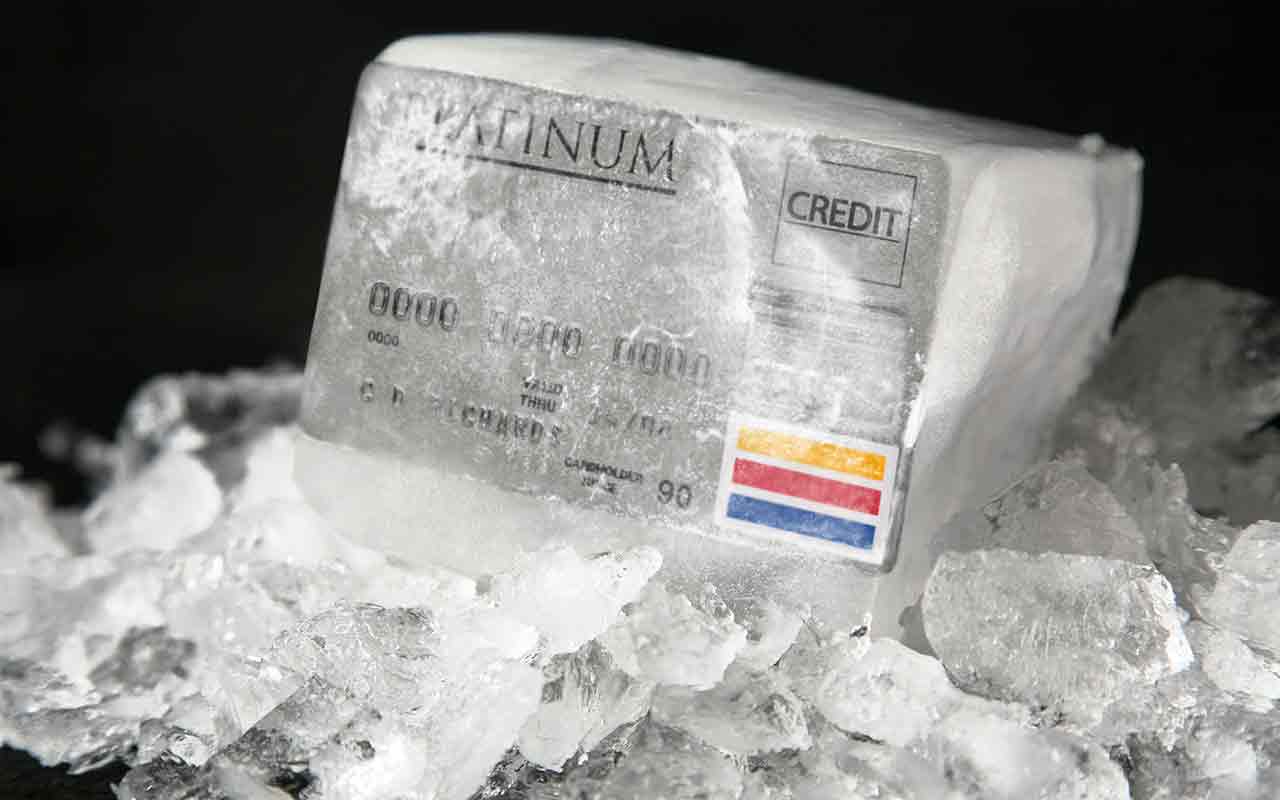
Freeze Your Credit
A credit freeze prevents new creditors from reviewing your credit report, making it harder for identity thieves to take out credit in your name. For it to be effective, you’ll need to contact each of the credit bureaus separately to initiate a freeze. Both placing and removing a freeze are free. For a step-by-step guide, read Freeze Your Credit in 3 Steps.
Once you request a freeze either online or by phone, the new law requires the credit bureaus to implement it within one day. And if you ask for the freeze to be lifted, the credit bureaus have one hour to do it. “That is the law’s maximum time, but for most people setting the freeze online or by phone, it will be pretty close to instantaneous,” says Francis Creighton, the president of the Consumer Data Industry Association, a trade organization for credit bureaus and other consumer reporting agencies.
The freeze remains in effect until you take steps to remove it — either temporarily or permanently.
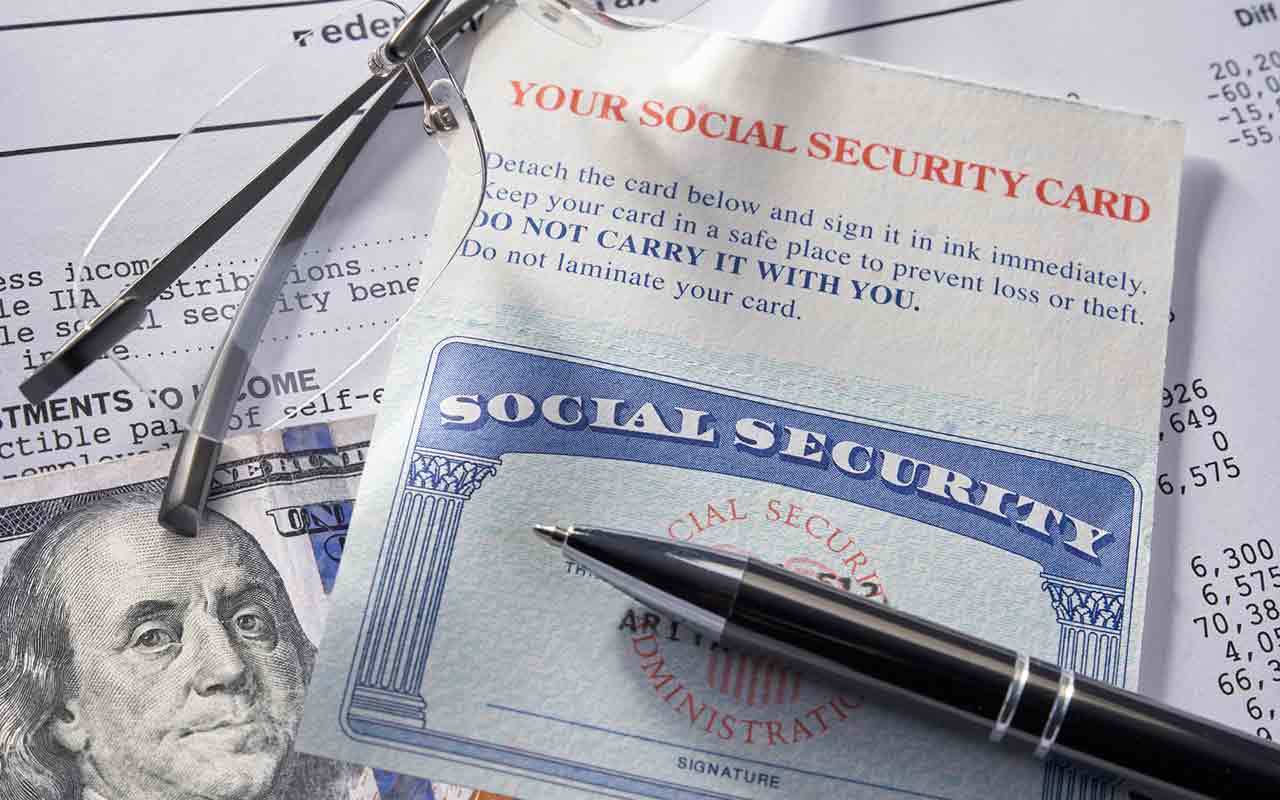
Open a Social Security Account
- It’s smart to set up an online account with Social Security even if you’re years from retirement. Once you’ve done so, identity thieves will be unable to create a fraudulent account in your name and use it to apply for benefits. In addition, you can check your earnings history against your W-2 forms or tax returns to make sure there are no gaps in your earnings record that could reduce your Social Security benefits. You can also look up estimated retirement, disability and survivor benefits and, in certain cases, request a replacement Social Security card.
To set up an account, go to www.ssa.gov/myaccount. You’ll need to enter some personal details, answer questions to confirm your identity, and choose a unique username and a complex password. And to make sure this process goes as smooth as possible, make sure you make your account before you freeze your credit reports.
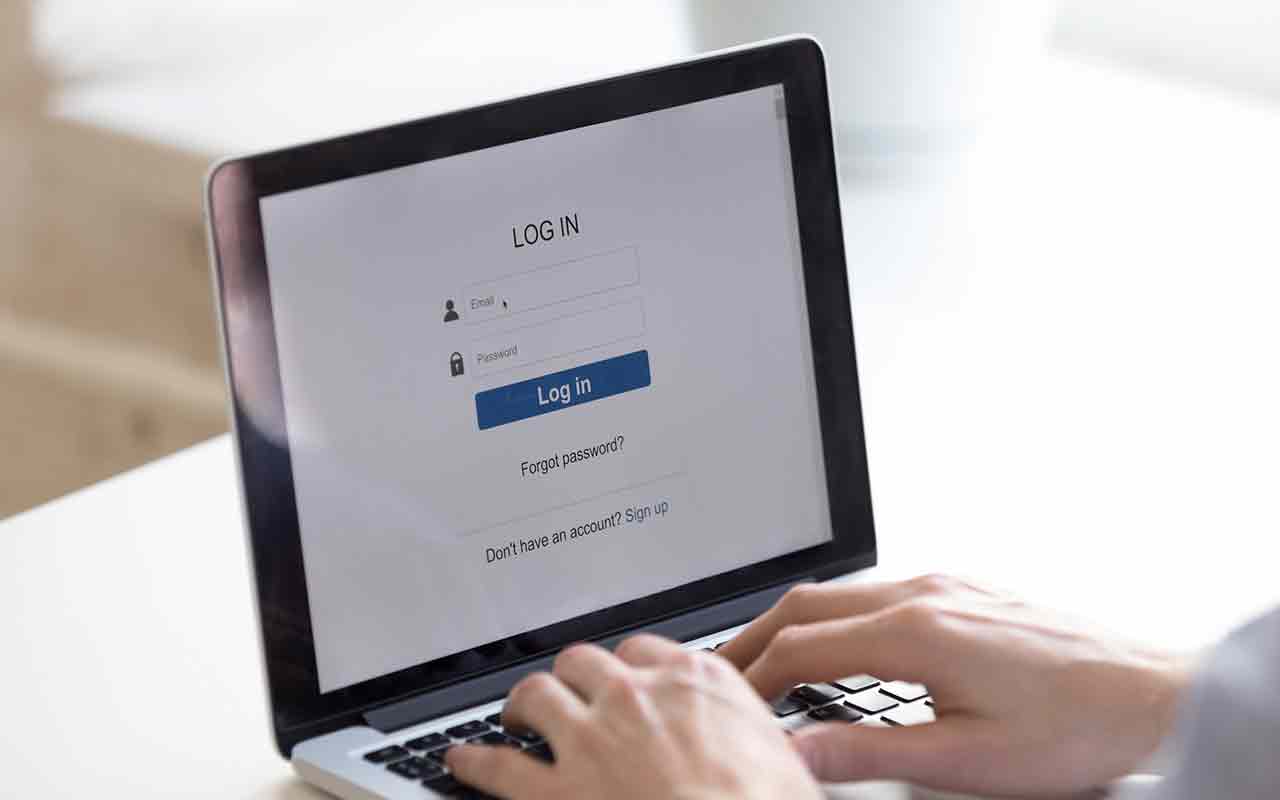
Protect Your Passwords
Security experts have warned for years that to protect our online accounts we need to change passwords frequently and make sure that those passwords are "complex"—meaning filled with letters, numbers and random characters. Yet many people continue to rely on weak passwords, such as "123456," "password" and "qwerty." And even the best passwords are easily compromised if you write them down.
- Use your quarantine time to sign up with a password manager that will store all of them behind one master login—the only password you'll need to remember. A password manager can also help you create strong, unique passwords for each of your accounts. Passwords generated by the service will still be long, unpredictable and impossible to remember. But that's okay because you'll never need to type them in yourself.
To add another layer to your security network, enable two-factor or multistep authentication on any account that allows you to. You'll enter your username and password as usual, but the account will then confirm your identity each time you log in by asking you to enter a code that has been sent to your smartphone or e-mail address. The extra step deters hackers, and you'll know if an intruder attempts to log in with your password.

Swat Away Pesky Fees
No matter how much you try to swat them away, pesky fees keep nibbling at your travel bookings, wireless plans, bank accounts, investments and pretty much every other part of your financial life. Although the fees may not seem like much on their own, they can add up to hundreds or even thousands of dollars a year, putting a big dent in your wallet. Invest a few minutes of your quarantine time to eliminate even just a few fees in your life, and you’ll reap the benefits month after month.
For instance, review your wireless bill for services that you don’t want or never requested. Verizon, for example, offers new customers a free trial of its cloud storage service for 30 days, then charges $5 per month if you don’t cancel the subscription before the trial ends. Verizon customers who activate a new Android device also get 30 free days of premium visual voicemail service, which comes with a $3 monthly fee if you don’t unsubscribe after the free period.
If bank fees are your nemesis, spend the time to evaluate and switch to a free checking account from a leading online bank.

Find a Better Job
You may already need a new job, or maybe you're worried about the stability of your current one in this expanding crisis. Start your search now, while you have the freedom at home to do so without your boss looking over your shoulder. We recommend tapping into your network: Connect with former colleagues and industry peers over e-mail and on LinkedIn, and give them a call. People may really relish the human interaction with you during this time.
Spruce up your LinkedIn profile and make sure recruiters know you’re looking for a change. Scour job postings on LinkedIn and other networks to identify the types of skills potential employers are seeking, and tailor your profile and your resume to reflect specific keywords within jobs you might pursue. Resist the temptation to e-mail dozens of resumes before breakfast every day. Instead, create a template and customize it to suit each job you’re applying for.
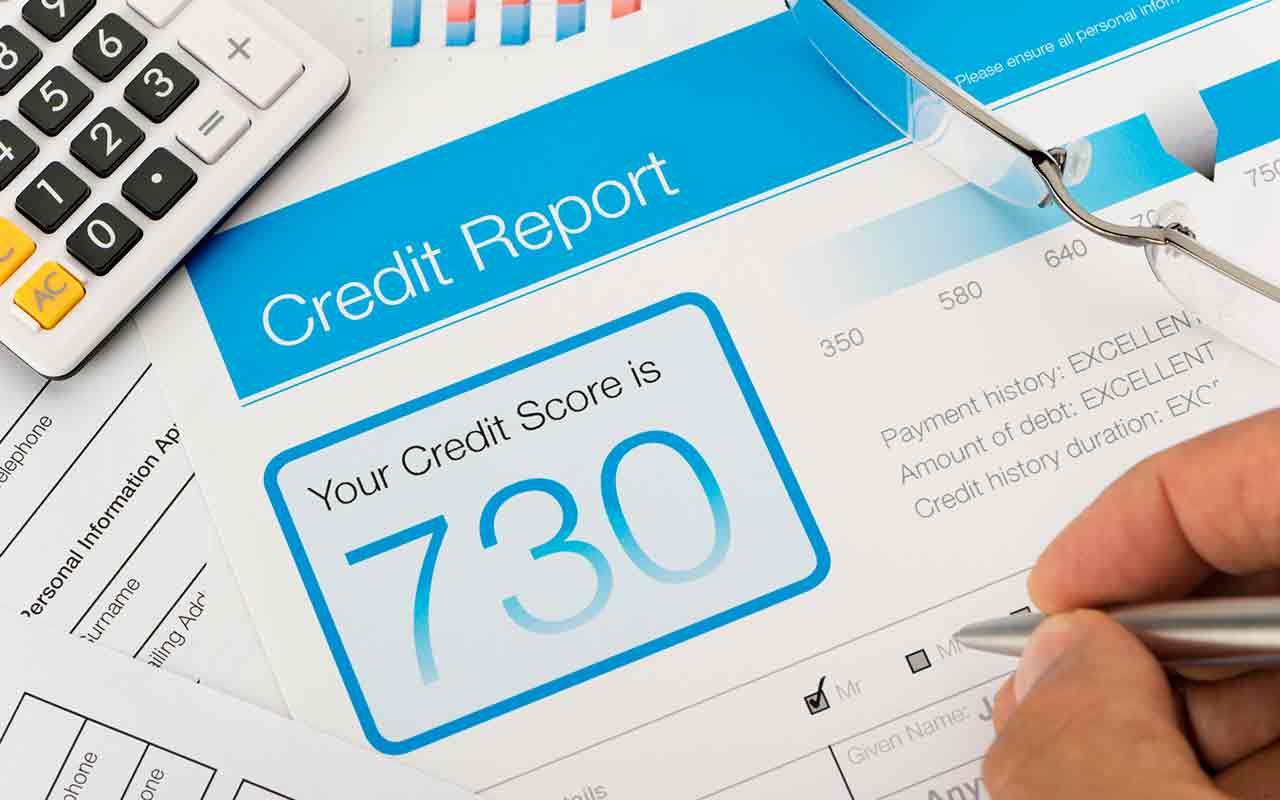
Review Your Credit Reports
If you haven’t reviewed your credit reports lately, head to www.annualcreditreport.com. Recently the credit website announced that you can get a free report from each major credit bureau—Equifax, Experian and TransUnion—weekly through April 2021. Look for suspicious changes, such as a credit card account or mailing address that you don’t recognize, which could mean you’ve been the victim of ID theft. If you find a problem, take steps to clear it (see Battle the Credit Bureaus ... and Win).
- Look for suspicious changes, such as a credit card account or mailing address that you don’t recognize, which could mean you’ve been the victim of ID theft. You can also get a free credit report and credit score by creating an account at https://my.equifax.com, where you can access an Equifax report and a Vantage Score credit score monthly. With Experian’s www.freecreditscore.com, you can see your Experian report and FICO score monthly. TransUnion’s www.trueidentity.com allows you to pull up an updated TransUnion credit report every day.

Call Your Creditors
- Don't let missing or shrinking paychecks spiral out of control. It's important to keep your creditors informed of your changing situation. So if you do hit a financial crisis, your mortgage lender, bank and credit card issuer may let you pause or lower your payments. Wells Fargo and Bank of America offer forbearance plans that allow customers facing a temporary financial hardship, such as a layoff, to suspend or reduce their mortgage payment. American Express and Discover offer payment-assistance programs tailored to individual situations that could temporarily lower the interest rate, waive late-payment fees or lower the monthly payment on credit cards.

Insurance Check-Up
Use your coronavirus downtime to make sure you're fully covered against life's other challenges.
By far, the biggest asset most people will ever have is their ability to earn a paycheck. See if your company offers long-term disability insurance. If they do, that's a great start. Understand though that having it at work might not be enough. Often, group plans are limited to 60% of your income up to a maximum $6,000 benefit per month. Also, the coverage is only helpful as long as you stay at that job.
- Next, no one needs to tell you why you should have life insurance: If you die and your family or anyone who depends on you for support could no longer count on your income, life insurance would replace that income — assuming you choose a policy with the amount of coverage that is right for you. For most people, term insurance makes the most sense and, dollar for dollar, gives you the most protection for your money. To determine how much coverage you need, the rule of thumb (buying coverage equal to seven to 10 times your annual pre-tax income) and calculators provided by the insurance industry are a handy starting point.
However, a more reliable approach to determining the right coverage is to add up the income your family would need to cover ongoing expenses as long as they need it (say, the number of years until your youngest child graduates college); the estimated cost of sending your kids to college; your debts; and final expenses at death. Then subtract savings, college funds and other life insurance policies. Finally, adjust the amount to reflect your situation. For example, you may want to increase coverage if a stay-at-home parent provides child care.
And take some time to evaluate all the special discounts your car insurer may offer. If you qualify for any, reach out to your agent to lower your premiums.
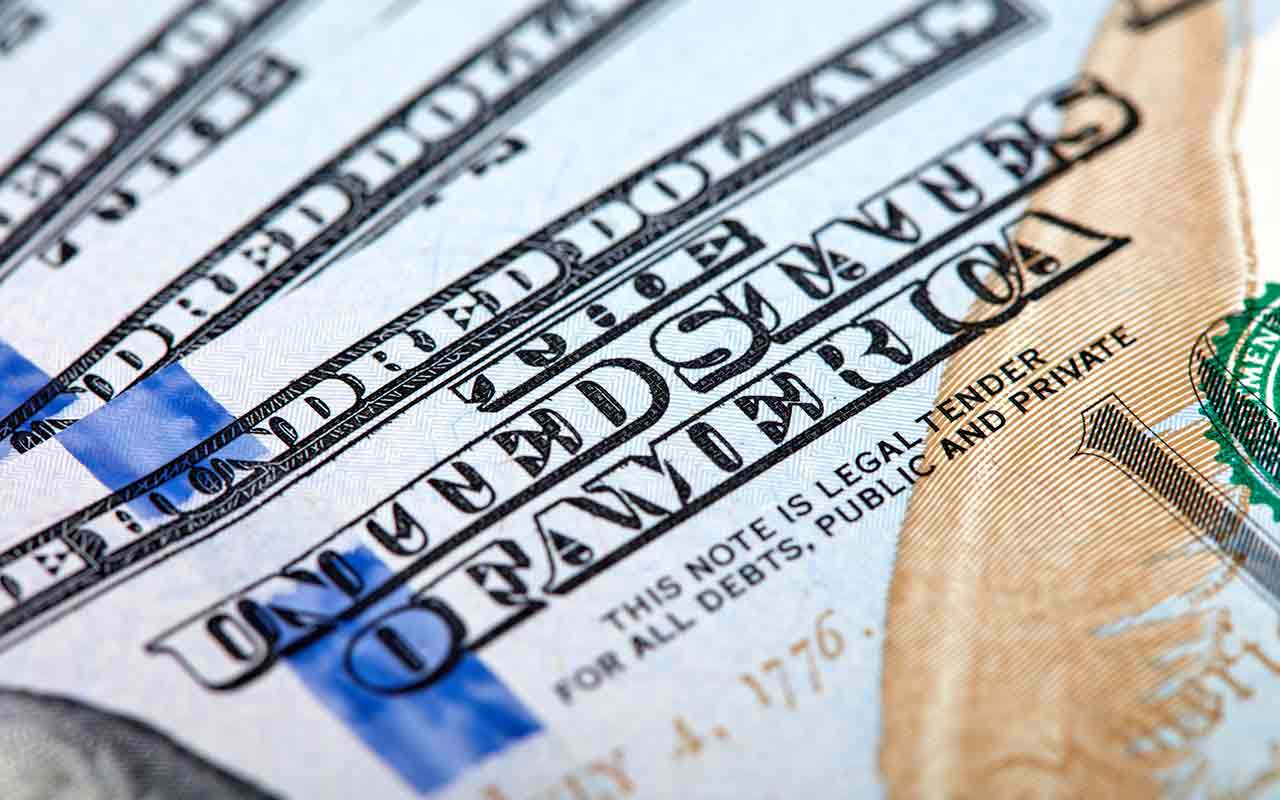
Put Extra Money to Good Use
If you haven't received your stimulus check through direct deposit, paper checks are starting to roll out. And while the process has had some hiccups, you still need a plan on what to do with your money.
If you don't need the funds for necessities such as food or rent, you can use the extra cash to shore up your emergency fund or support a local business by buying gift cards or other products. For other ideas on how to put your stimulus check to good use, see 6 Money-Smart Ways to Spend Your Stimulus Check

Tone Your Body
- Yoga With Adriene offers online yoga videos for gentle but invigorating at-home practice. Every month features a new themed yoga calendar and a playlist of videos. You can explore the full video library at the Yoga With Adriene YouTube channel and at YogaWithAdriene.com. Or try the CorePower Yoga YouTube channel for a video library of a more energized yoga practice, as well as free daily streams while studios are closed.
- Peloton is offering 30 days of free access to its exercise app, which is usually $12.99 a month or accessible only to Peloton Bike and Tread owners. You can use your own equipment with cycling and treadmill workouts in the app and enjoy many other equipment-free workouts. Available for download at the Apple App Store, Google Play and at the Amazon App Store, the Peloton fitness program has both live and on-demand classes with a mix of running, strength, toning, cycling, yoga, meditation and outdoor workouts. To avoid being charged on your credit card, cancel your subscription before the promotion expires.
- The Nike Training Club (NTC) App for iOS and Android offers more than 185 free workouts when you sign up and become a member, and you can access the premium features for a limited time at no charge as well. Premium features include full programs led by trainers, 150 exclusive workouts, and nutrition and wellness guidance.

Expand Your Mind
- Barnes & Noble offers opportunities to chat with other readers about a monthly selection at www.bn.com/h/book-club. Or consider exploring the library of free content on the Kindle Reading App for iOS, Android and Google Play or the Kindle Cloud Reader at https://read.amazon.com (search free Kindle books). You don’t need a Kindle to access the free library. You can also find a selection of free audiobooks via the Audible App for iOS, Android and Windows at www.audible.com.
- The Met’s Live in HD series is available for streaming every evening at www.metopera.org. The schedule includes complete performances from the past 14 years. Each production is available for 23 hours, from 7:30 p.m. until 6:30 p.m. the next day.
Profit and prosper with the best of Kiplinger's advice on investing, taxes, retirement, personal finance and much more. Delivered daily. Enter your email in the box and click Sign Me Up.

Rivan joined Kiplinger on Leap Day 2016 as a reporter for Kiplinger's Personal Finance magazine. A Michigan native, she graduated from the University of Michigan in 2014 and from there freelanced as a local copy editor and proofreader, and served as a research assistant to a local Detroit journalist. Her work has been featured in the Ann Arbor Observer and Sage Business Researcher. She is currently assistant editor, personal finance at The Washington Post.
-
 How Much It Costs to Host a Super Bowl Party in 2026
How Much It Costs to Host a Super Bowl Party in 2026Hosting a Super Bowl party in 2026 could cost you. Here's a breakdown of food, drink and entertainment costs — plus ways to save.
-
 3 Reasons to Use a 5-Year CD As You Approach Retirement
3 Reasons to Use a 5-Year CD As You Approach RetirementA five-year CD can help you reach other milestones as you approach retirement.
-
 Your Adult Kids Are Doing Fine. Is It Time To Spend Some of Their Inheritance?
Your Adult Kids Are Doing Fine. Is It Time To Spend Some of Their Inheritance?If your kids are successful, do they need an inheritance? Ask yourself these four questions before passing down another dollar.
-
 The 'Scrooge' Strategy: How to Turn Your Old Junk Into a Tax Deduction
The 'Scrooge' Strategy: How to Turn Your Old Junk Into a Tax DeductionTax Deductions We break down the IRS rules for non-cash charitable contributions. Plus, here's a handy checklist before you donate to charity this year.
-
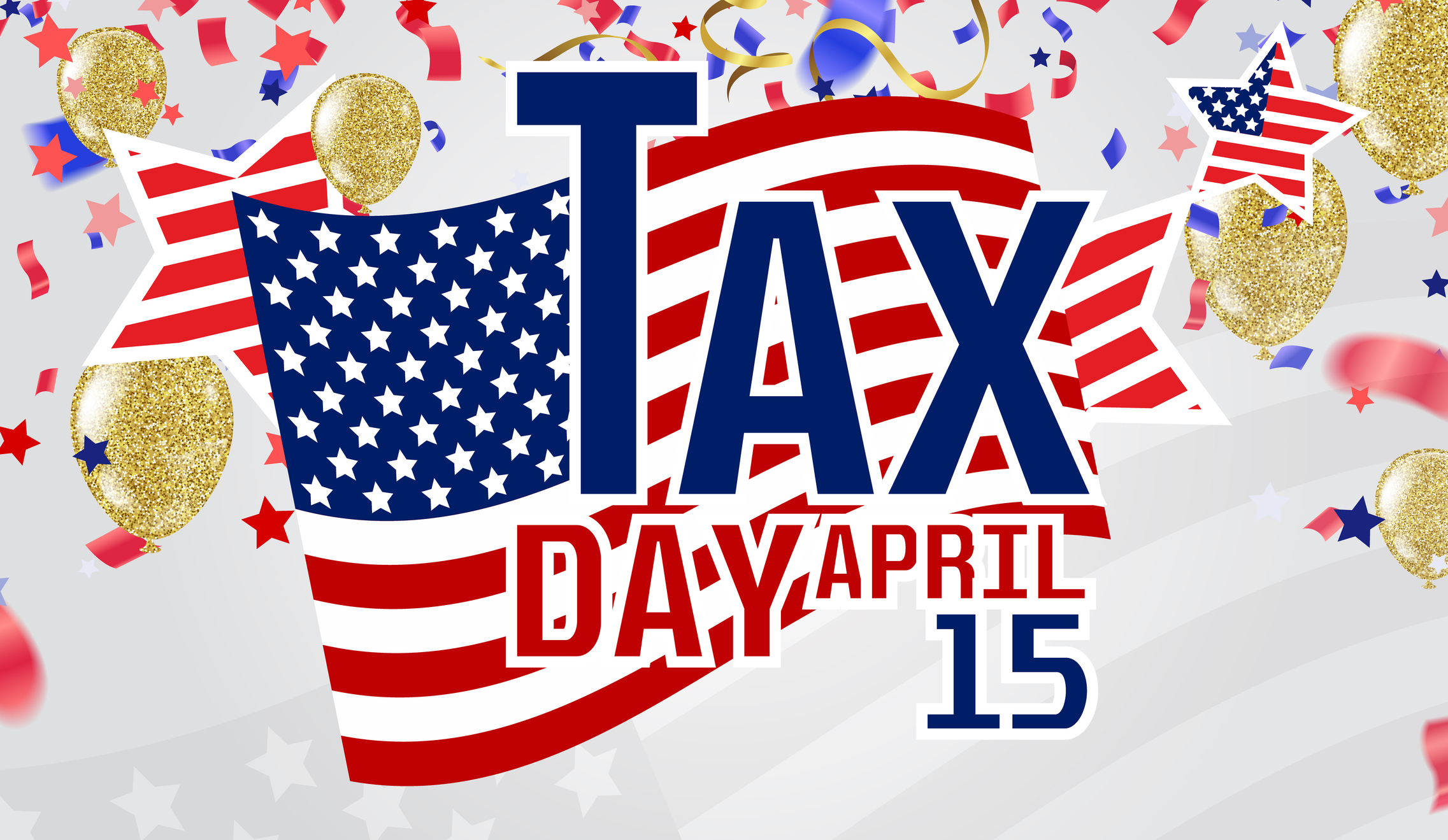 Tax Day 2025: Don’t Miss These Freebies, Food Deals and Discounts
Tax Day 2025: Don’t Miss These Freebies, Food Deals and DiscountsTax Day You can score some sweet deals on April 15 in some select restaurants like Burger King, Shake Shack, and more.
-
 What to Do With Your Tax Refund: 6 Ways to Bring Growth
What to Do With Your Tax Refund: 6 Ways to Bring GrowthUse your 2024 tax refund to boost short-term or long-term financial goals by putting it in one of these six places.
-
 What Does Medicare Not Cover? Eight Things You Should Know
What Does Medicare Not Cover? Eight Things You Should KnowMedicare Part A and Part B leave gaps in your healthcare coverage. But Medicare Advantage has problems, too.
-
 15 Reasons You'll Regret an RV in Retirement
15 Reasons You'll Regret an RV in RetirementMaking Your Money Last Here's why you might regret an RV in retirement. RV-savvy retirees talk about the downsides of spending retirement in a motorhome, travel trailer, fifth wheel, or other recreational vehicle.
-
 QCD Limit, Rules and How to Lower Your 2026 Taxable Income
QCD Limit, Rules and How to Lower Your 2026 Taxable IncomeTax Breaks A QCD can reduce your tax bill in retirement while meeting charitable giving goals. Here’s how.
-
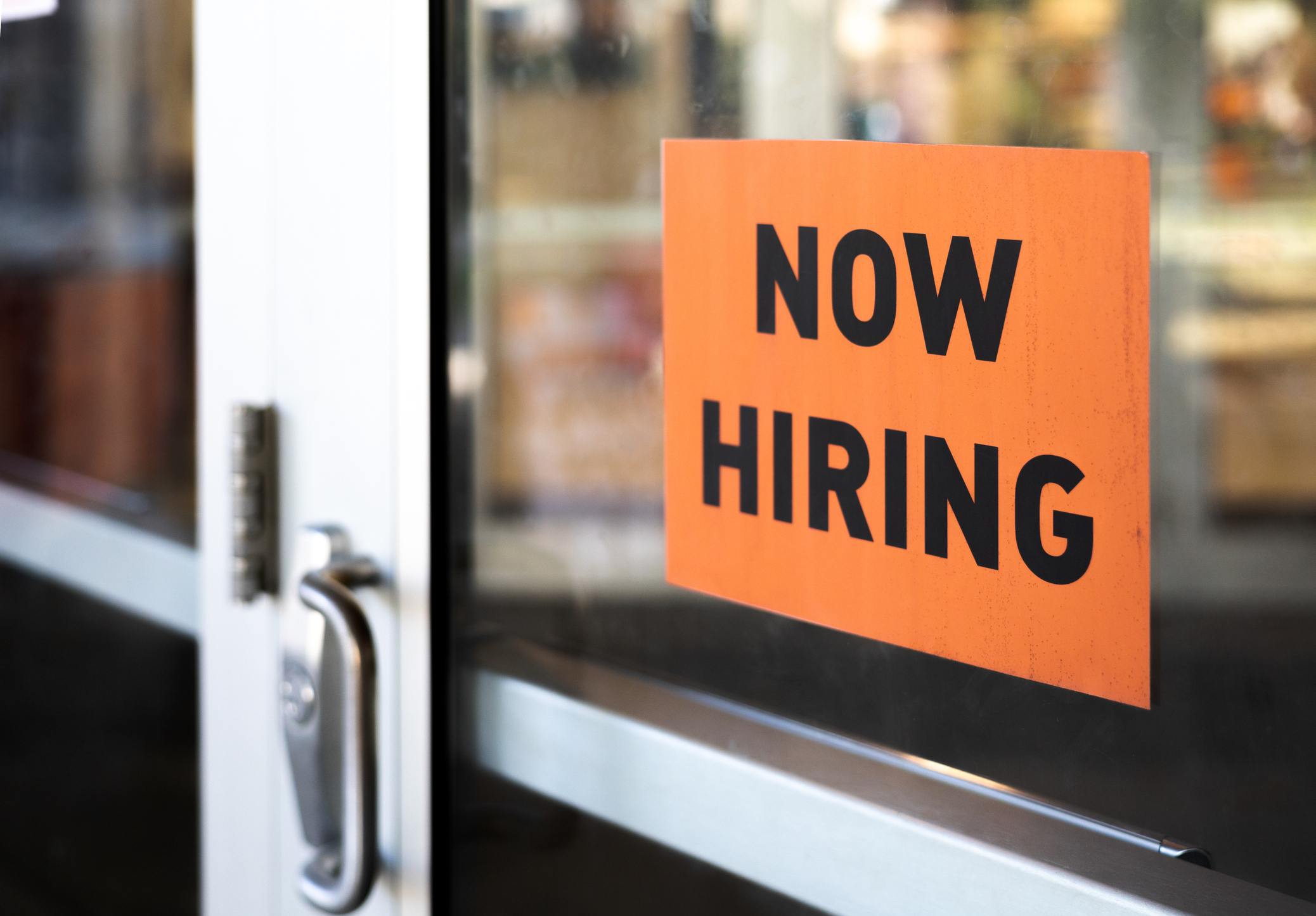 The Big CPA Shortage Problem in Accounting: What it Means for Your Tax Return
The Big CPA Shortage Problem in Accounting: What it Means for Your Tax ReturnCareer This once resilient accounting industry is cracking, as the labor force seems in dire straits. It’s also affecting the IRS.
-
 IRS: How to Get a 401(k) Match for Your Student Loan Payment
IRS: How to Get a 401(k) Match for Your Student Loan PaymentSavings Those with 401(k), 403(b), and other savings plans might get relief through their employer-provided retirement account.


